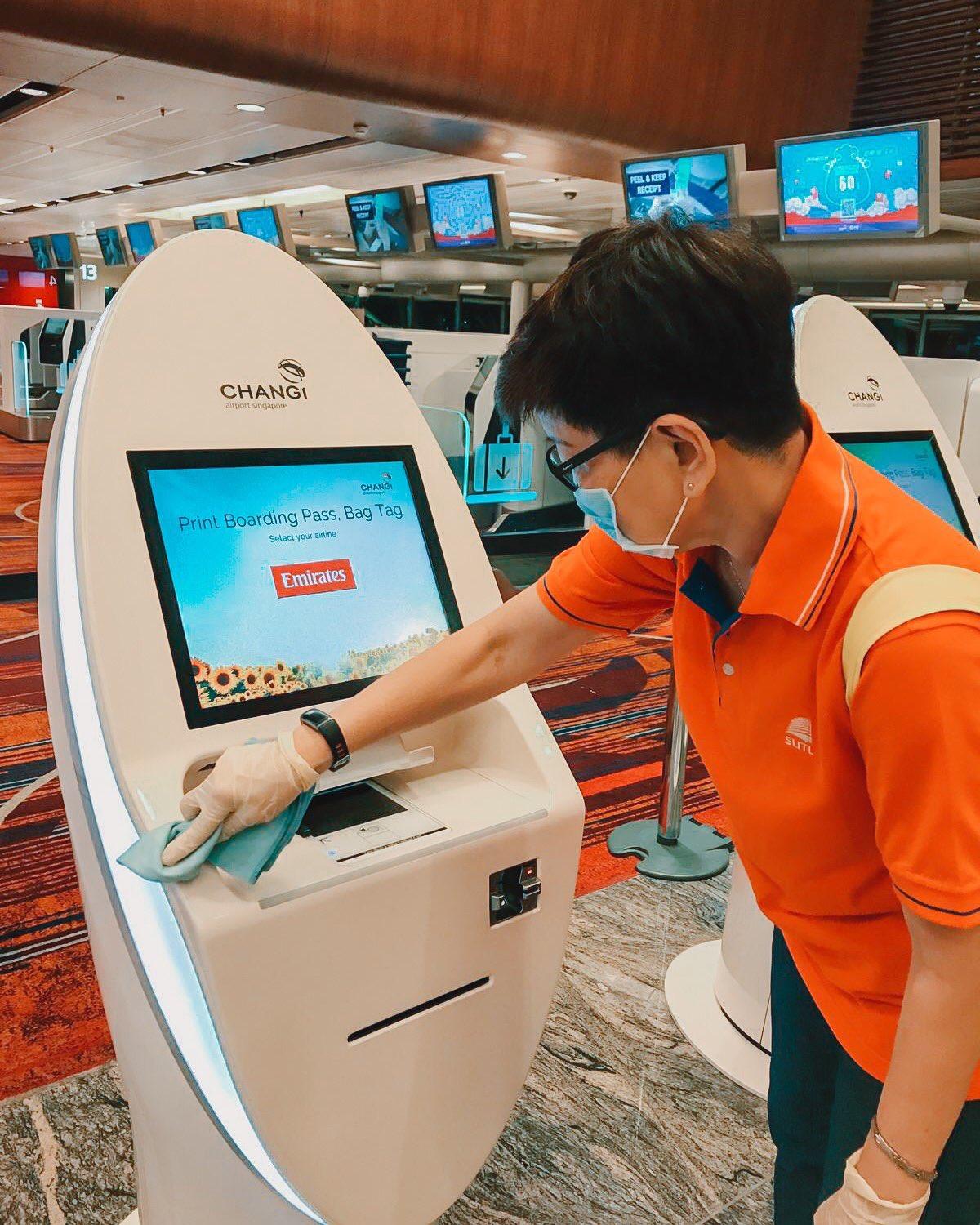
SINGAPORE - An uncoordinated response to the coronavirus outbreak is making the effects on the airline industry far worse, according to Andrew Herdman, Director General of the Association of Asia-Pacific Airlines (AAPA).
“We have called for more coordinated efforts,” Herdman told Aviation Week ahead of the opening of the Singapore Airshow. 72 countries have so far introduced differing measures to contain the virus but only less than half of them have informed the World Health Organization (WHO) even though governments agreed to do so, Herdman criticizes. And he points out that the WHO itself has seen no reason for travel restrictions including for China.
“The system is not working as well as it should,” Herdman stresses. “The reaction has not been thought through.” After the 2003 outbreak of the Severe Acute Respiratory Syndrome (SARS) obvious mistakes in the handling had been identified, he says, “but it does not stop us from repeating the same mistakes. Guidelines are not being applied.”
The many different measures are adding to huge uncertainty for travellers, Herdman says. While some governments have decided in favour of outright flight bans to China, others still allow air services to continue but only if passengers agree to self-quarantine which makes travel effectively impossible. Transiting through China is also affected and airlines have to deal with how pilots and cockpit crew can be rostered following China flights if other countries impose immigration restrictions on anyone with recent trips to the country.
Herdman says that “we have no way of knowing” how severe the economic impact on the industry is going to be, but “we will come through this, the fundamentals are still the same.” Following SARS, consumer confidence returned quickly and Herdman hopes the recovery curve will be as steep this time.
“Small and poorly capitalized airlines banking on China traffic” are the ones most at danger of collapsing as a result of the crisis. Most importantly, airlines have to manage the cash-flow impact, he points out. Herdman sees carriers in Korea and Thailand as being particularly vulnerable because of the large share of outbound and inbound China traffic. On the other hand, he would “not be surprised if the Chinese government were to support its airlines.”
